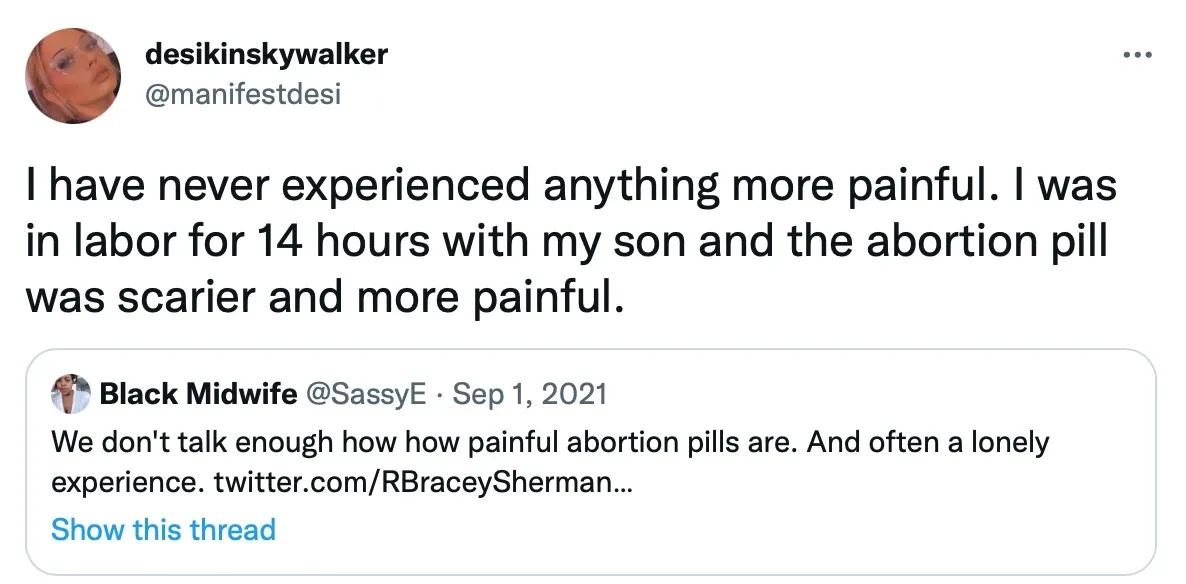Mifepristone, also known as RU486 and one of the most common chemical abortion pills, will now be available at retail and mail order pharmacies after the FDA announced a new rule increasing access to the drug.
The FDA previously limited the drug to specialty clinics and offices due to safety concerns for the mother. However, during the COVID-19 pandemic, the FDA temporarily suspended the in-person requirements for distribution.
Under the new rule, pharmacies like Walgreens and CVS can obtain certification to distribute mifepristone and dispense it to individuals with a prescription. Both Walgreens and CVS have announced they will pursue carrying the drug nationwide.
As early as February of 2022, it was reported that over half of abortions in the U.S. were performed via drugs instead of surgery in the post-Roe world.
According to a report released by the FDA covering up to June of 2022, an estimated 5.6 million babies have been aborted by mifepristone in the US. The report acknowledges that numbers may be much higher due to holes in reporting.
A study conducted by the Charlotte Lozier Institute found that abortion-related ER visits were higher for chemical abortions than after surgical abortions, and increased 500% between 2002-2015. Over 60% of emergency room visits were miscoded as treatment for miscarriages. Another study, based in Italy, showed that 92% of women who received chemical abortions reported severe pain.

Chemical abortions remain a heated topic in state legislatures after the Supreme Court overturned Roe v. Wade.
According to the think-tank Pew, at least 20 states considered legislation restricting chemical abortions during the 2022 legislative season.
Outright bans on dispensing or using the FDA-aproved medications were proposed in Alabama, Arizona, Iowa, South Dakota, Illinois, Washington and Wyoming, Pew reports.
The new FDA rule will pose yet another challenge to outlawing abortion in the U.S., making it much more difficult to enforce legislation which only seeks to restrict access to chemical abortion drugs.
Action for Life (AFL), a national organization focused on banning abortion outright, is working on legislation in states across the country to end both surgical and chemical abortions across the board. AFL's Equal Protection Bill is the only measure currently proposed which would actually restrict the use of abortion drugs and provide an enforceable solution.
“You’re really not seeing a whole lot of change [since Roe’s reversal],” AFL President Dennis Sarfate said. “There’s still women going to Planned Parenthood, there’s still women going into certain doctor offices to get abortions done and ordering pills online, so there’s really not a lot of difference.”
As of Tuesday, the Justice Department issued an opinion that the U.S. Postal Service will be allowed to deliver the drugs in any state, provided that the drugs are not used unlawfully.



